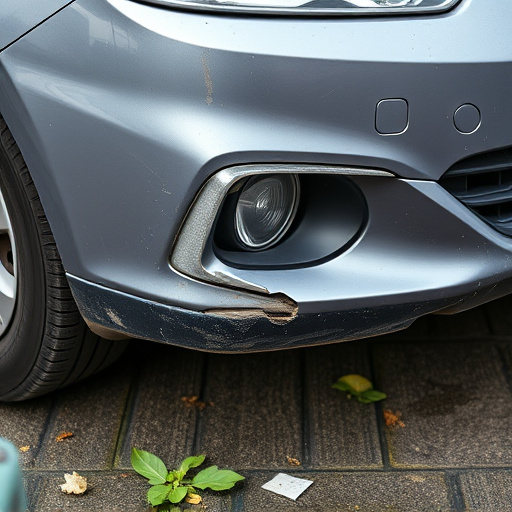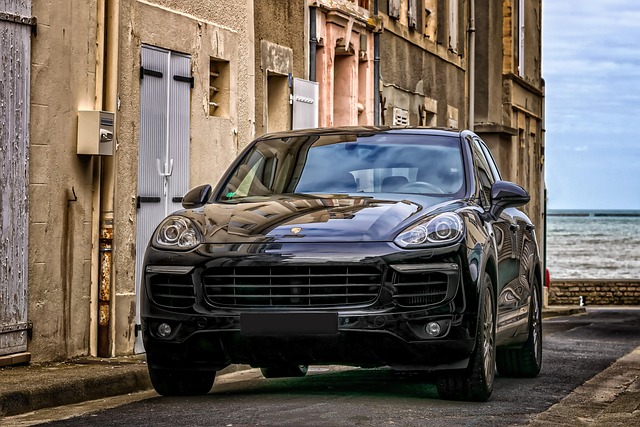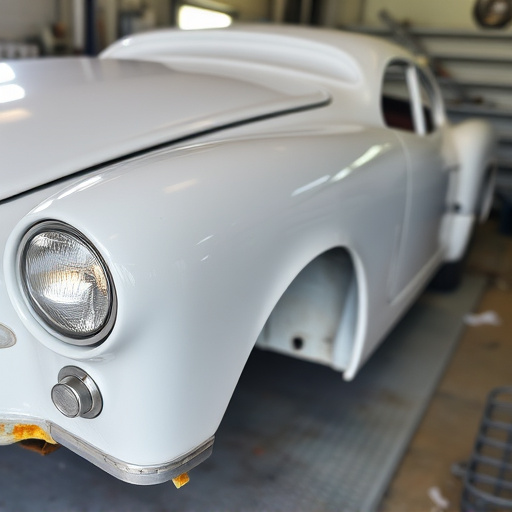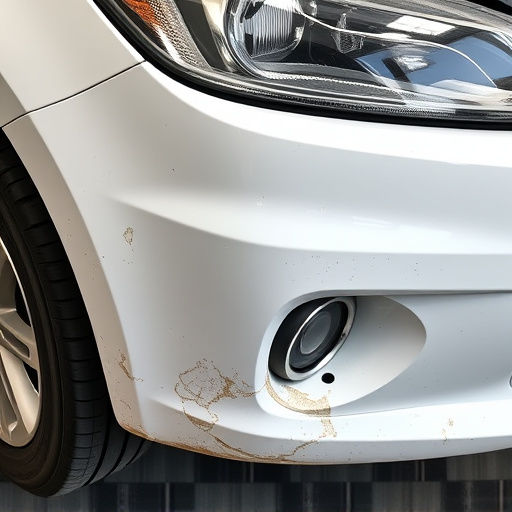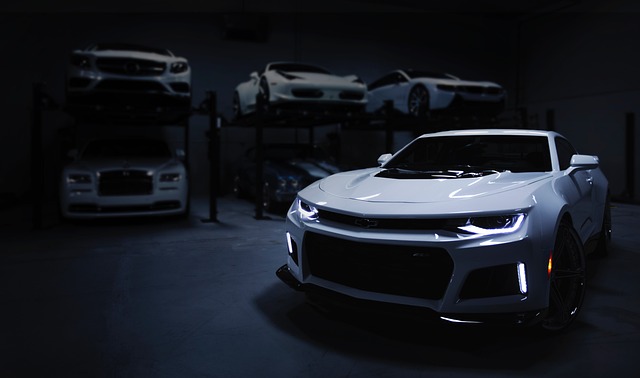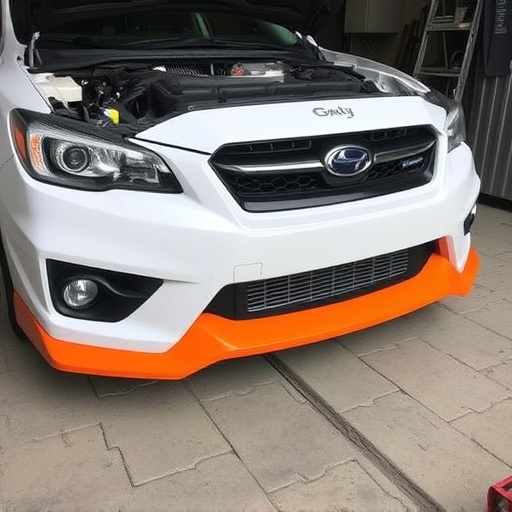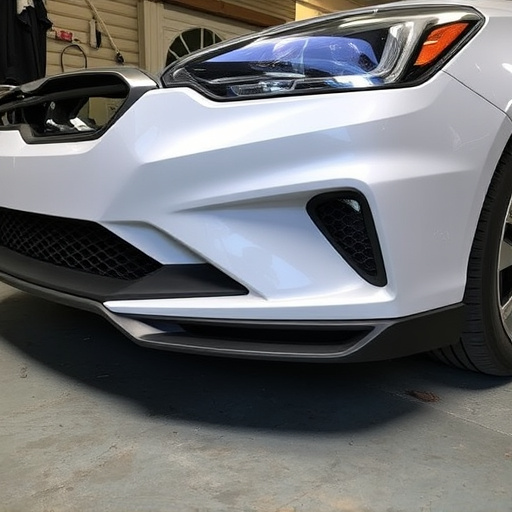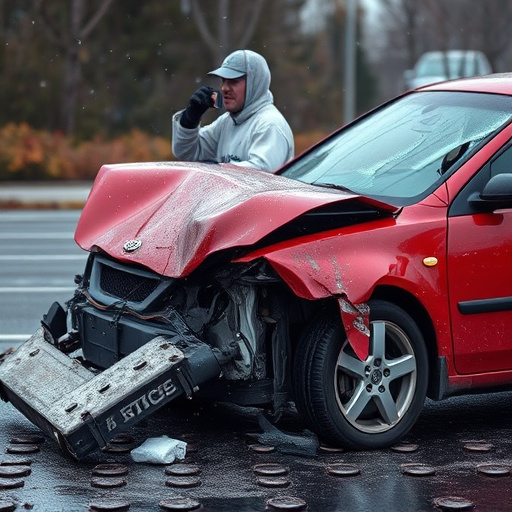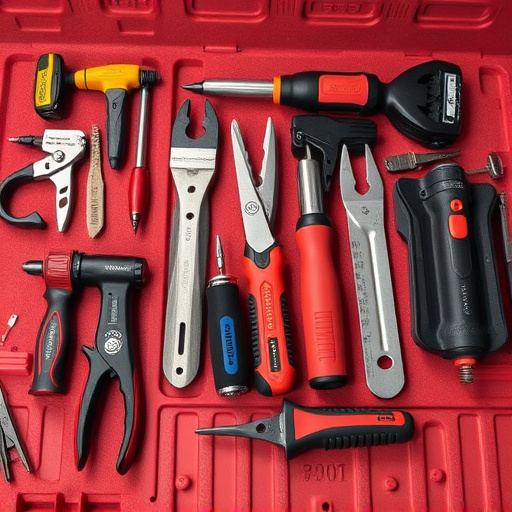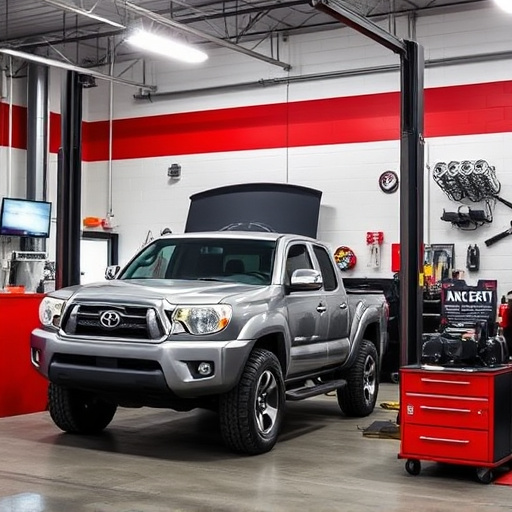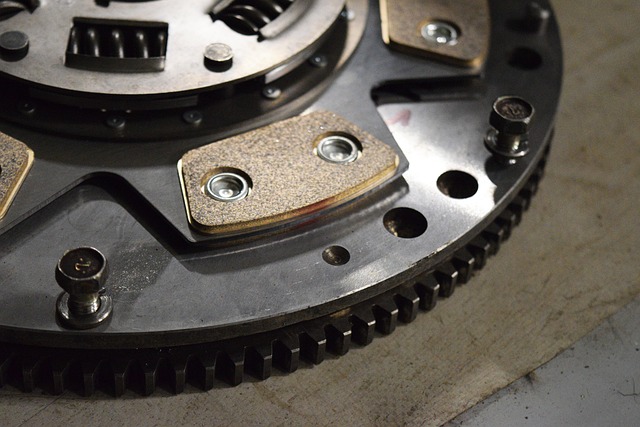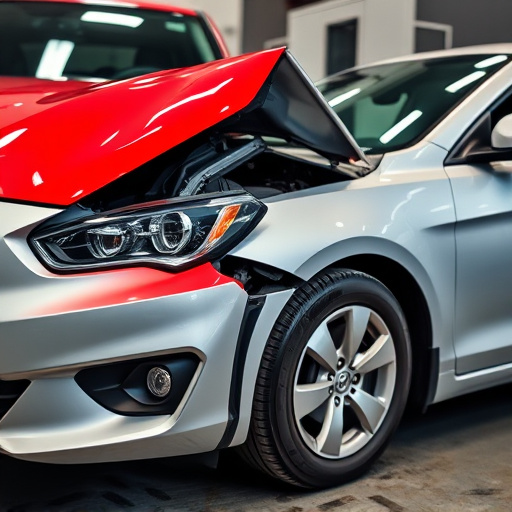Mercedes glass sensor calibration is overlooked until issues arise, such as inaccurate readings or failure to detect window positions. Regular maintenance and timely recalibration prevent these problems, ensuring safety and optimal performance by enhancing sensor adaptability, reducing damage risk, and improving response times for safety features. Calibration can be done at home with specialized tools or professionally for complex systems, maintaining smoother driving dynamics and peace of mind.
Are your Mercedes’ side mirrors not functioning optimally? This could be a sign that your glass sensors need recalibration. These sensors play a crucial role in ensuring your car’s safety features work effectively. Common issues include erratic signal readings and incorrect adjustment, leading to concerns like unresponsive mirrors or incorrect folding angles. Recalibrating these sensors offers numerous benefits, from enhanced safety to improved convenience. Learn how to identify problems and discover simple, effective methods for calibrating your Mercedes glass sensors right at home.
- Common Mercedes Glass Sensor Issues Identified
- Benefits of Calibrating Your Sensors
- Effective Methods for Recalibration at Home
Common Mercedes Glass Sensor Issues Identified
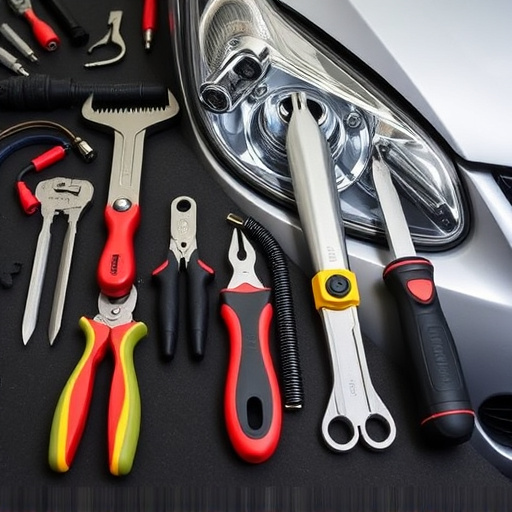
Many Mercedes owners often overlook the importance of their vehicle’s glass sensors until they start experiencing issues. Common problems associated with these sensors include inaccurate readings, delayed responses, or complete failure to detect changes in window positions. These issues can arise due to various factors such as dirt accumulation, damage from road debris, or even internal electrical malfunctions.
One of the primary symptoms is when the power windows fail to respond consistently, causing them to stick or jerk during operation. Additionally, random beeping sounds or failure to close the windows completely could indicate a problem with the glass sensors. Over time, sensor calibration can drift, leading to miscommunication between the vehicle’s computer and the physical sensors, resulting in suboptimal performance. Regular maintenance and timely recalibration at a reputable car repair shop are essential to ensure your Mercedes’ glass sensors function optimally, enhancing both safety and convenience.
Benefits of Calibrating Your Sensors
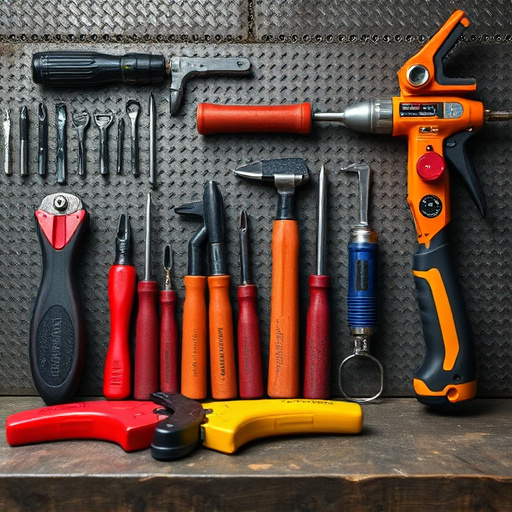
Maintaining your Mercedes glass sensors in optimal condition is paramount for both safety and performance. Calibrating these sensors offers a multitude of benefits that extend beyond mere functionality. Regular calibration ensures precise detection of even slight variations in environmental conditions, enhancing the vehicle’s ability to adapt to changing weather patterns and road conditions. This proactive measure significantly reduces the risk of car damage repair associated with inaccurate sensor readings, such as misjudged speed or unexpected obstacles.
Furthermore, keeping your Mercedes glass sensors well-calibrated contributes to smoother driving dynamics and improved overall performance. Accurate sensor data allows the vehicle’s systems to respond swiftly and accurately, enhancing safety features like adaptive cruise control, lane-keeping assist, and automatic emergency braking. By prioritizing regular calibration, owners can expect not only enhanced peace of mind but also longer-lasting vehicle body repair and a more responsive driving experience.
Effective Methods for Recalibration at Home
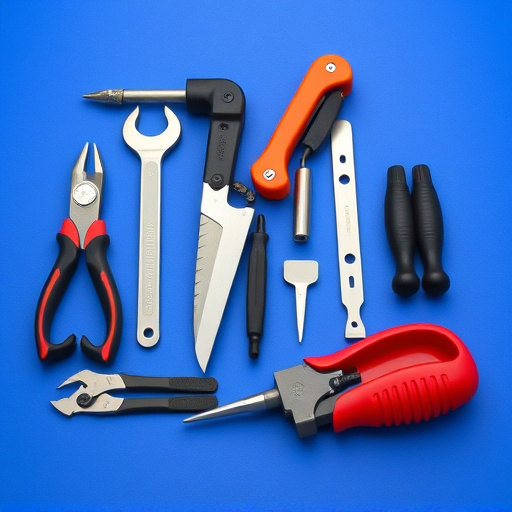
Recalibrating your Mercedes glass sensors at home is a task that can be accomplished with the right tools and some patience. One effective method involves using specialized calibration tools designed for automotive applications, which can be purchased from reputable auto parts stores or online retailers. These tools often come with detailed instructions and can guide you through the process step-by-step. By following these guidelines precisely, you can ensure accurate readings from your sensors.
Alternatively, many vehicle repair services and even some auto body shops offer calibration packages as part of their routine maintenance services. This option is ideal if you’re not comfortable performing the recalibration yourself or if your car has more complex sensor systems. They have the expertise and advanced equipment needed to fine-tune these delicate components, ensuring your Mercedes’ safety features function optimally.
If your Mercedes’ glass sensors are not functioning optimally, it’s crucial to address the issue promptly. Regular recalibration ensures your vehicle’s safety features work effectively, enhancing your driving experience. By understanding common problems and employing simple home-based methods, you can easily maintain your car’s glass sensor performance. Remember, a well-calibrated Mercedes glass sensor is key to ensuring both your safety and the overall health of your vehicle.

